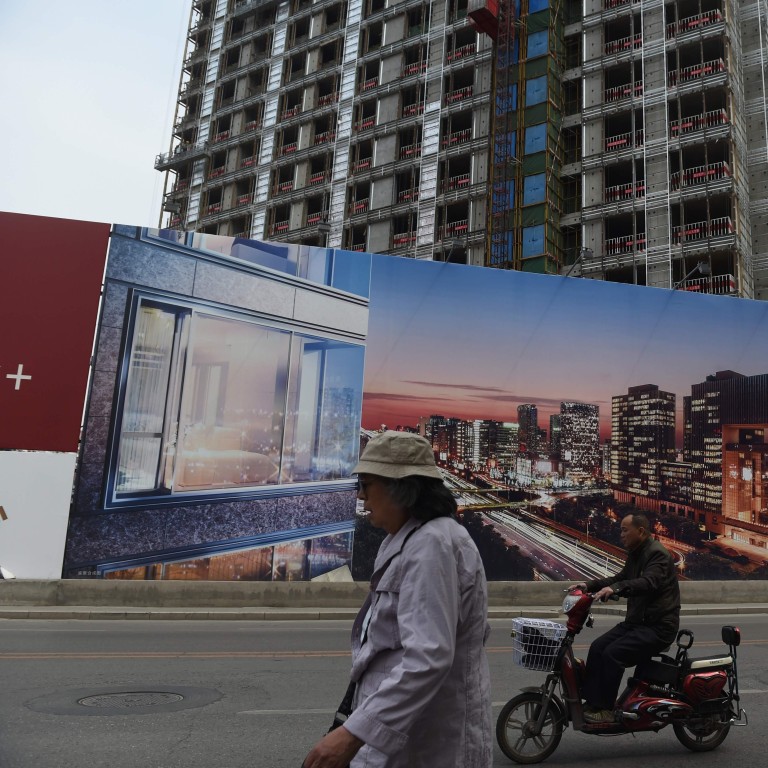
Beijing turns to facial recognition to combat public housing abuses
- The smart lock is one of the latest hi-tech tools authorities are using to keep an eye on its citizens
Beijing is speeding up the adoption of facial recognition-enabled smart locks in its public housing programmes as part of efforts to clamp down on tenancy abuse, such as illegal subletting.
The face-scanning system is expected to cover all of Beijing’s public housing projects, involving a total of 120,000 tenants, by the end of June 2019, according toThe Beijing News.
By combining facial recognition with smart locks, the Beijing authorities hope to not only improve the security of public housing communities but also prevent illegal subletting, to make sure the limited housing resources are only allocated to those in genuine need.
The move is the latest example of the use of facial recognition technology by the Chinese authorities to keep an eye on its citizens. Many Chinese cities are already relying on facial recognition cameras to catch jaywalkers. One Beijing park even installed toilet paper dispensers equipped with facial recognition functions to discourage visitors from taking too much loo roll.
The face-scanning system has already been installed in 47 public housing projects across Beijing. As many as 100,000 facial scans comprising tenants and their family members have been collected.
By comparing the facial information of visitors and the stored facial information in its database, the system can recognise its tenants and deny access to strangers, Shan Zhenyu, director of the information centre under Beijing's Public Housing Centre, was quoted as saying to Beijing News.
In addition, the face scanning system can look out for aged residents, particularly those living alone, according to the report. If a senior resident has not been in or out of their home for a set period of time, the system will automatically prompt the estate management to check in.
Affordable housing is a precious commodity in Chinese mega cities such as Beijing, due to sky-high real estate costs. The city has about 100,000 units of public housing for rental in 76 projects as of March 2018, reserved for low-income families. The average monthly rental for a flat in Beijing is about 5,000 yuan (US$730) while for public housing, it can cost less than 2,000 yuan per month.
The city has been stepping up efforts to crack down on illegal subletting of public housing in recent months. Families subletting public housing illegally will have their information recorded in the national credit system and will be ineligible for low-income housing for five years, according to the Beijing Municipal Commission of Housing and Urban-Rural Development.

